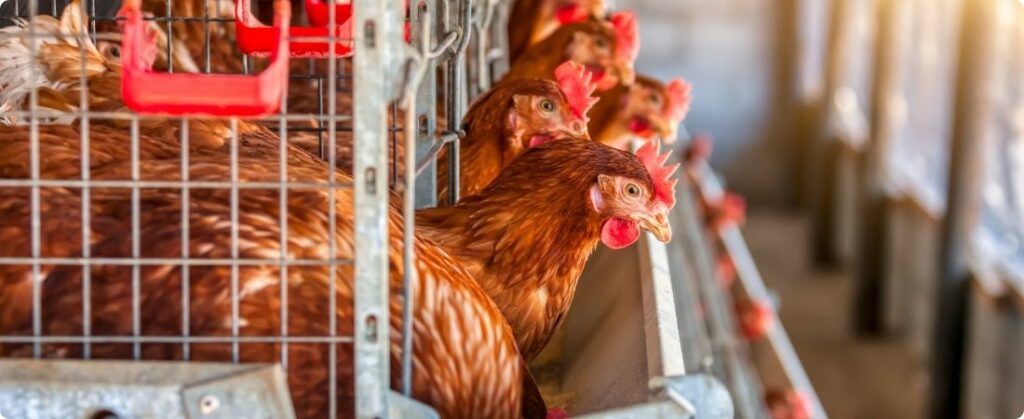
Brazil's poultry sector is reeling from the country's first outbreak of bird flu on a commercial farm, but authorities hope China and other major consumers will soon ease bans on chicken imports from across Brazil.
Brazil is the world’s largest chicken exporter. If it can contain the outbreak in Rio Grande do Sul, China could follow the example of Japan, Saudi Arabia and the United Arab Emirates. Those countries have limited their bans to chicken from the state, according to Brazilian government officials.
“Given that global demand is very strong, it is likely that there will be some easing soon,” said Luis Rua, international secretary at the agriculture ministry. “We are doing our part to share information quickly so that things are not suspended for too long.”
Brazil’s chicken meat exports account for more than 35% of global trade, so a nationwide ban would be painful not just for Brazilian farmers. It would also hurt major importers. Brazil supplies more than half of China’s chicken imports, Agriculture Minister Carlos Favaro said, with most of the rest coming from the United States.
A devastating outbreak of bird flu in the United States and broader trade tensions with Washington have curbed China’s appetite for American chicken meat. China is now blocking imports of such products from more than 40 U.S. states due to bird flu, according to U.S. government data.
Brazilian exporters expect flexibility
Brazilian farmers are also counting on warm relations between President Luiz Inácio Lula da Silva and Chinese President Xi Jinping to ease the ban on poultry trade.
Renan Augusto Araujo, senior market analyst at S&P Global Commodity Insights, said the outbreak threatened to reduce Brazilian chicken exports by 10% to 20%. The estimate depends on how quickly the outbreak is contained. It is also linked to how quickly consumers ease trade bans.
The state of Rio Grande do Sul, where the outbreak was recorded on Friday, is the country's third-largest chicken producer and had already suspended exports to China due to an isolated outbreak of Newcastle disease last year.
“If there is no evidence of bird flu in any other region of the country, this could, in fact, trigger a wave of easing of restrictions. These countries could continue to buy from Brazil, except from the Rio Grande do Sul region,” said Fávaro.
The European Union and South Korea are among the other major importers that have banned Brazilian chicken.
Spread may worsen outlook
If a broader outbreak of bird flu spreads to Brazil, the outlook could change. That’s what happened in the United States. Officials and analysts say the outlook could become bleaker in that case. That scenario would raise U.S. hopes that China will ease restrictions on American chicken.
In 2020, during his first term, US President Donald Trump signed a Phase 1 trade deal with China. Under the deal, China must lift state bans on US chicken meat 90 days after states eliminate bird flu from infected farms.
However, China has kept the bans in place longer than anticipated, said Greg Tyler, CEO of the USA Poultry and Egg Export Council.
“If Brazil is out of this market for 60 days, China will need the product,” Tyler said. “We hope that this, coupled with the ongoing negotiations with the Chinese, will help pressure them to resume the regionalization agreement.”
Tyler highlighted that the 60-day suspension imposed by China on Brazil is more lenient than the one applied to the US.
“They are getting a better deal than we are,” he said.
Source: Lisandra Paraguassu, Roberto Samora, Oliver Griffin and Tom Polansek | Notícias Agrícolas


















